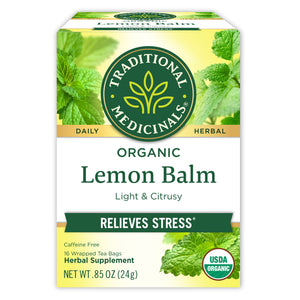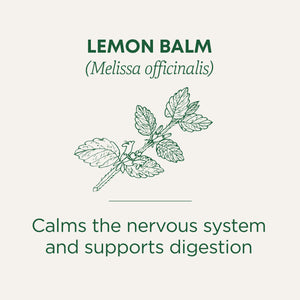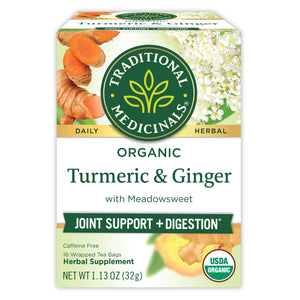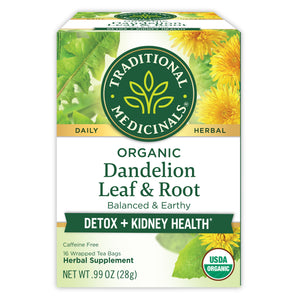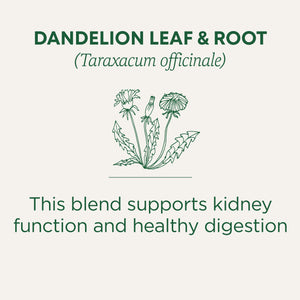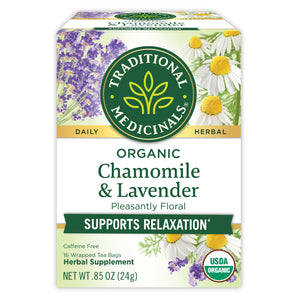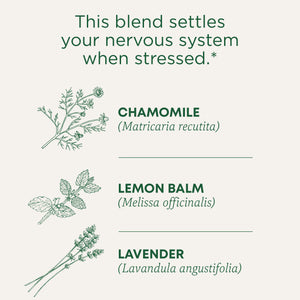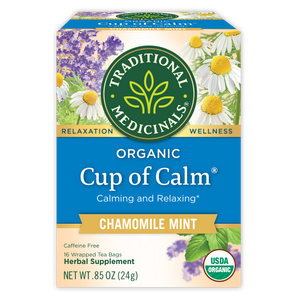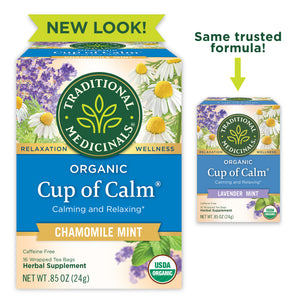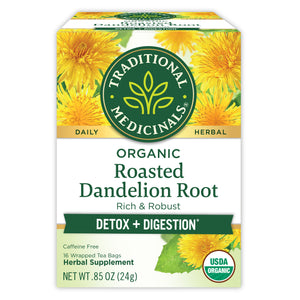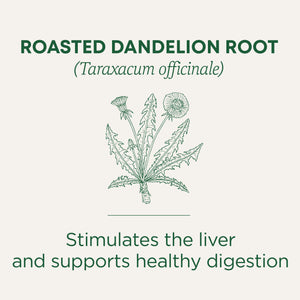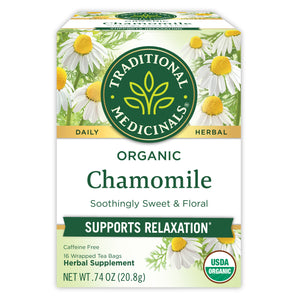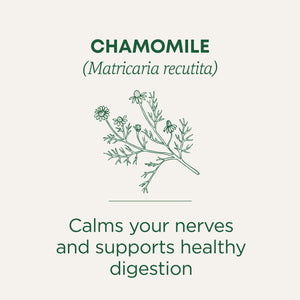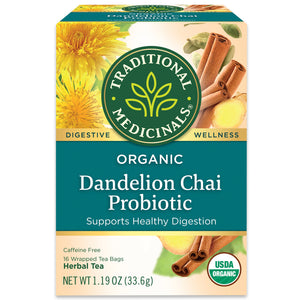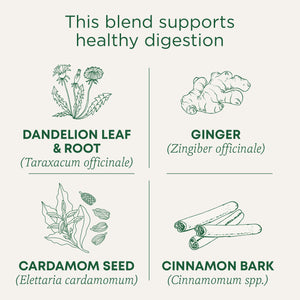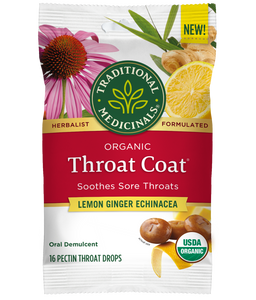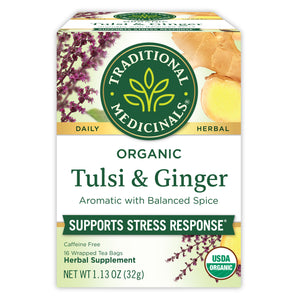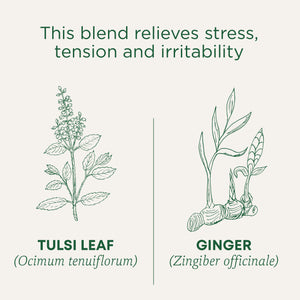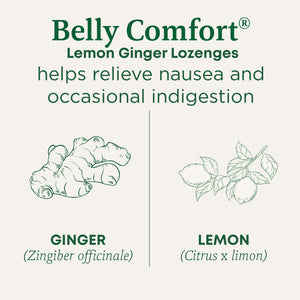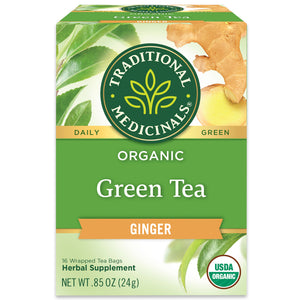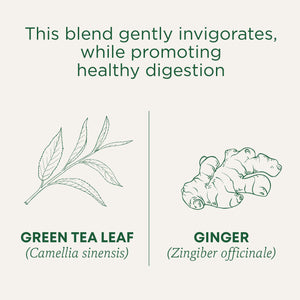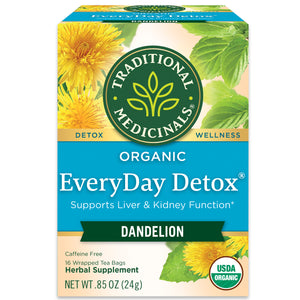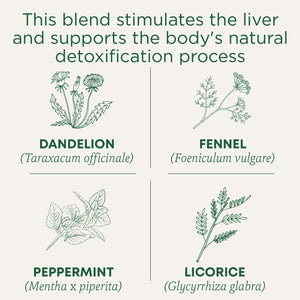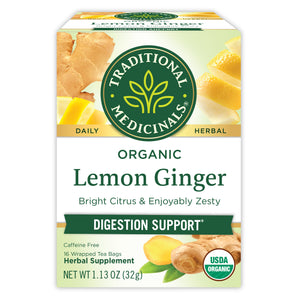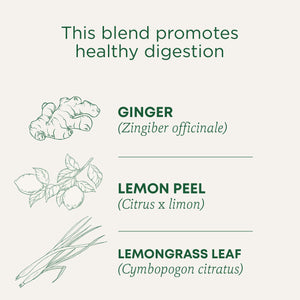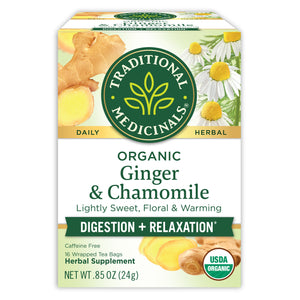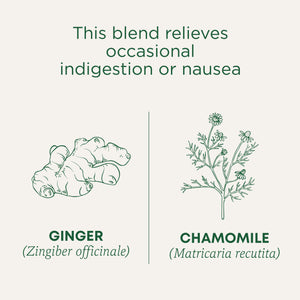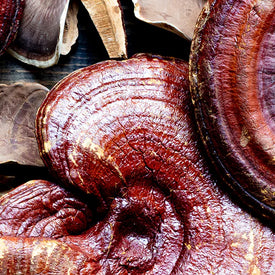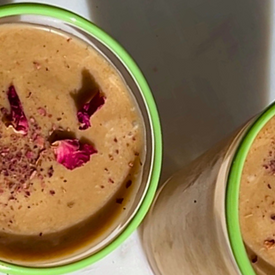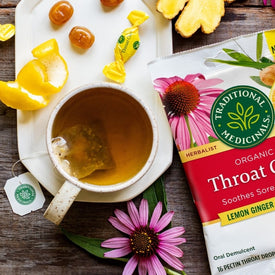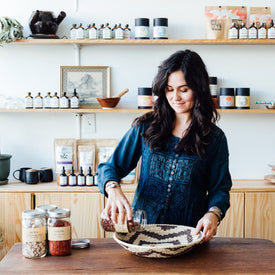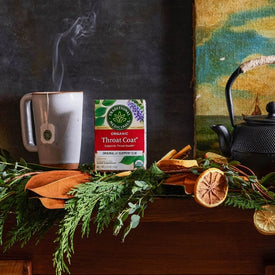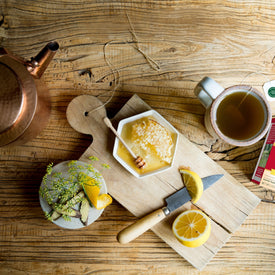In herbalism, healing begins and ends with the individual. The herbalist is not a healer but merely a conduit through which the healing can happen. So, following that logic, to achieve real wellness in your life, your personal health care plan is best ensured by practicing regular self-care. Our bodies can only stay healthy when body, mind and spirit are in balance—a term herbalists call “homeostasis.”
Coming from a culture where stress is a status symbol, we tend to feel guilty for honoring our true desires and bodily needs, when we really should be concerned about supporting our health. Self-care is anything but an indulgence; rather, it’s a practice that demands our total dedication and discipline. Learning to say “no” to demanding people, incorporating herbs into your daily routines, and adopting stress-relieving practices like meditation may require commitment and work, but consider the alternatives for a moment. If you have to ask yourself if you can afford to take the time away from your obligations for self-care, chances are you can’t afford not to.
"We seem to wear busyness like a badge of honor nowadays. Often being busy just creates the illusion of being successful, but how successful can we really be when we’re stressed, exhausted, physically and mentally depleted, and missing out on opportunities for joy in our daily life?" – Jo Ettles, Author & Wellness Coach
Personal care looks different for everyone. For some people, it could mean not picking up the phone after 9 p.m. For others, it could mean making an effort to spend time with family more regularly. Maybe it means taking a bath on stressful days. Whatever makes you feel good, a well-crafted self-care plan should consider a holistic view of your lifestyle and needs. Try this three-step process to get you on the right track:
- Take some quiet time and make three columns—one for mind, the second for body, and the third for spirit.
- Brainstorm about the things, however big or small, you can do to infuse your life with more balance.
- Circle two ideas in each column, and commit to them for 21 days.
Cultivate wellness in all categories, and chances are you’ll be maintaining good health. Let’s look at a few general recommendations to get you started on the right path.

Body
Incorporate herbs in your daily routines: Adding herbs to your daily wellness regimen is a great way to check in with your body’s needs. We love to drink dandelion tea in the morning to help promote healthy liver function and get the digestive juices flowing; we drink peppermint tea or ginger tea after lunch to settle an occasional upset tummy; and we love to sip on lavender or chamomile tea before bedtime to help us wind down after a crazy day.*
Whether you drink herbal tea hot or iced, add herbs to your juice or smoothies, replace conventional cosmetics with herbal DIY versions, create your own tinctures, or add them to your food or drink recipes, there’s nothing like plant power to help you stay well.
Move your body regularly: As the new adage goes, sitting is the new smoking—that is to say, it’s a known killer. Whether you like yoga, spin class, or body-building, science has proven the benefits of regularly exerting your body. Don’t have a budget for a gym membership? Try power walking, jogging, or stream exercises off an app on your phone. Worried about post-workout soreness? Try taking turmeric more regularly.
Practice Good Sleep Hygiene: Benjamin Franklin wrote, “Early to bed and early to rise makes a man healthy, wealthy and wise.” In our modern age of constant stimuli, this is even more important. Experts advise limiting stimulating things like screen time, phone and alcohol before bedtime to maintain health and peace of mind. For occasional sleeplessness, herbs can be powerful allies.*
Mind
Take more baths: Bath therapy not only relaxes the body, but it also relaxes the mind. Add in a few relaxing herbs or essential oils like lavender and chamomile, and suddenly you’re not just soaking in hot water; you’re transporting yourself to a much calmer and more therapeutic dimension.
Meditate: Meditation isn’t just for pious monks—it’s also an incredibly useful way to cultivate peace of mind, clarity, compassion, and perspective. Mindfulness has proven so beneficial that some organizations are teaching it in schools. We advise starting with five minutes a day and gradually increasing to 30 for best results. Our team swears by the free Insight Timer app as a great way to get you started, and diffusing palo santo essential oil will help get you in the zone.
Read: Give your phone, tablet or TV screen a rest, and refresh your mind the old-fashioned way—by reading. Science shows how reading improves mental acuity, helps reduce stress, and improves your vocabulary. Looking for a few ideas to get you started? Check out our herb-nerdy reading lists here.

Spirit
Spend time in nature: More and more evidence points to the Great Outdoors as the ultimate healer for mind, body and spirit. No matter what you do—plant a garden, try forest bathing or play with your kids in the yard—spending time in nature connects us to something larger than ourselves, stimulates the brain, promotes creativity, and enhances our moods. And let’s not forget the benefits of Vitamin D from the sun…
Connect with community: Emotional connection with others gives us a chance to break free of our individual isolation. Feeling that we are part of our community can bring you happiness and a sense of belonging, whether you’re volunteering at your local homeless shelter, planting a community garden with neighbors, or planning a tea party for you and your friends.
Get creative: Creativity means something different to everyone. Whether you express yourself best in the kitchen, in your journal, or in the visual or performing arts, cultivating creativity couldn’t be more important for fostering better problem-solving, a sense of accomplishment and engagement in your life, and happiness and well-being. Dig in, get messy, and feel the magic happen!


